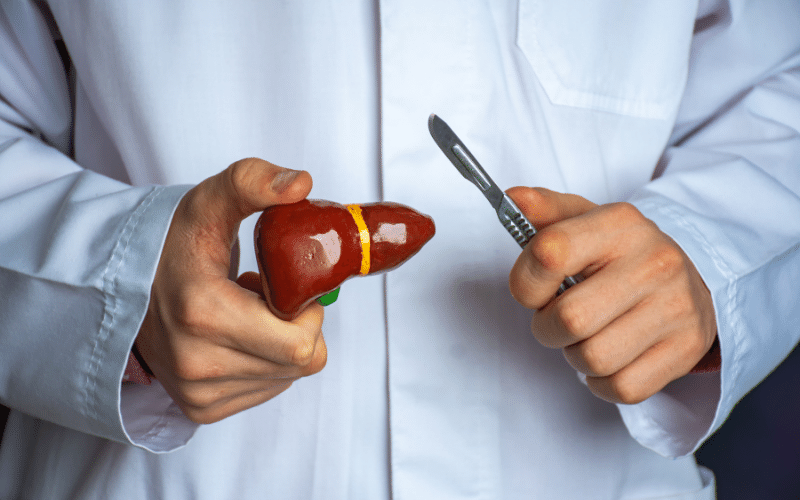Introduction: Delving into the Symptoms and Impact of Primary Biliary Cholangitis
Primary Biliary Cholangitis (PBC), once known as primary biliary cirrhosis, is a liver disease that can lead to severe consequences if not addressed promptly. Recognizing its symptoms can be the difference between early intervention and advanced complications.

For many patients and caregivers, understanding these manifestations is a crucial step in managing health. So, what are these symptoms, and why are they so critical?
The liver is an incredible organ, vital for detoxifying the body and aiding digestion. When it’s under siege from conditions like PBC, the entire body can feel the effects.
It’s not just about liver health; it’s about overall well-being. The sooner you can identify and address these symptoms, the better the outlook.
With that in mind, let’s explore the top 10 symptoms of PBC. These aren’t just generic signs; they are specific manifestations linked to this liver condition. Knowledge is power, and by the end of this article, you’ll be well-equipped to recognize and act on these symptoms.
1. Fatigue: More than Just Feeling Tired

We all feel tired sometimes. But the fatigue associated with PBC is different. It’s a deep-seated exhaustion that doesn’t go away after a good night’s sleep. Think of it as a weight, pulling you down, making even simple tasks feel mountainous.
Why does PBC cause such profound tiredness? It’s connected to how the liver processes energy. With PBC impacting liver function, energy production can take a hit. That’s why many patients describe this fatigue as something that permeates every part of their day, from morning till night.
What’s the remedy? Unfortunately, there’s no one-size-fits-all solution. However, understanding that this fatigue isn’t just “in your head” can be validating. Consult with a doctor, discuss potential treatments, and find supportive communities that understand the weight of this symptom. (1)